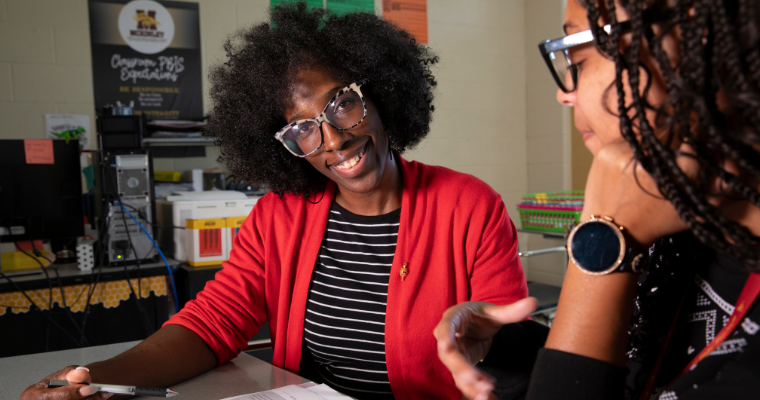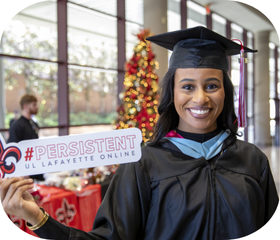How to Become an Instructional Coach

Are you passionate about learning and interested in mentoring other educators? Instructional coaching could be the right path for you.
As an instructional coach, you could:
- Analyze teacher performance and student test scores.
- Present improvement strategies to school boards and administrators.
- Review curricula to ensure classroom instruction meets state standards.
- Recommend curriculum, teaching methods, and textbook adoption.
- Develop instructional guidelines, policies, regulations, and official notices.
- Work one-on-one with teachers to refine teaching techniques.
- Prepare office budget requests and track expenditures.
Instructional coaching jobs give you the opportunity to influence hundreds of children by helping teachers reach them more effectively. At the same time, you'll help educators find more career satisfaction and personal fulfillment as they strengthen their skills.
How to Become an Instructional Coach
Educators often reach a point where they’re ready to do more than teach their own classes — they want to guide other teachers, shape curriculum, and influence student learning on a larger scale. For many, that next step starts with UL Lafayette’s 100% online Graduate Certificate in Instructional Coaching.

That’s exactly how it began for Prentice Garrett-Cooper, a full-time teacher and mom who was looking for a flexible way to grow professionally.
She completed the certificate, then applied her credits toward the online Master of Education in Curriculum and Instruction — a stackable pathway that let her test the waters of graduate study before committing to a full degree.
Many students follow this same route, starting with the certificate to sharpen their skills before moving on to a master’s program. You can start in spring, summer, or fall, and finish in as few as 10 months.
The Instructional Coaching Graduate Certificate leads to a Louisiana Department of Education add-on endorsement as an instructional coach, and coursework could apply toward an M. Ed. instructional specialist concentration.
Career Opportunities for Instructional Coaches
According to the U.S. Bureau of Labor Statistics (BLS), instructional coordinators (another term for instructional coaches) held about 225,200 jobs in 2023.
Demand for these roles is growing. The BLS projects employment to grow 2% from 2023 to 2033, driven by the pressure on states and school districts for test scores and graduation rates. As a result, schools are increasingly turning to instructional coordinators to develop stronger curricula and boost teacher effectiveness.
Instructional coaches with a solid teaching background and leadership experience are expected to see the strongest job prospects, according to the BLS.
Level up your teaching career with our 100% online instructional coaching certificate.
